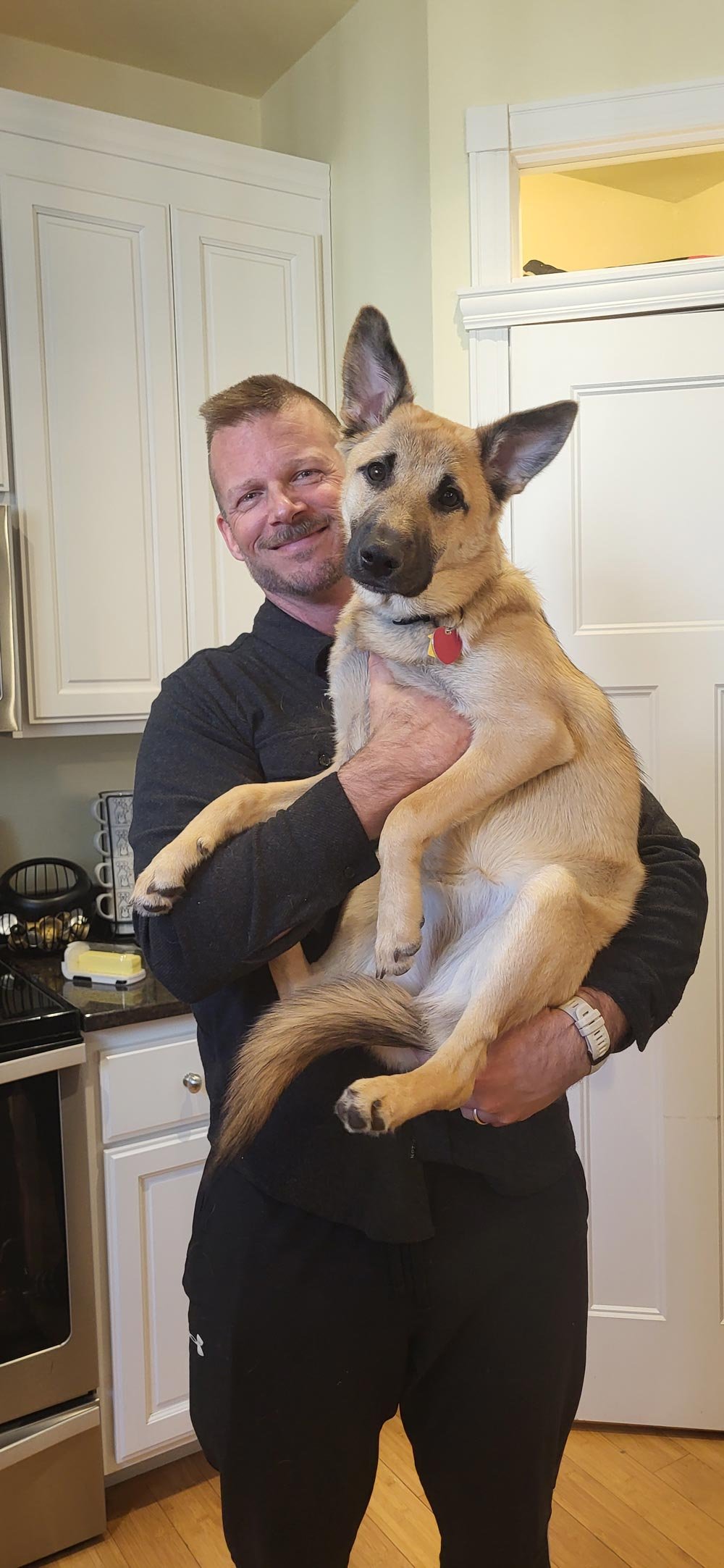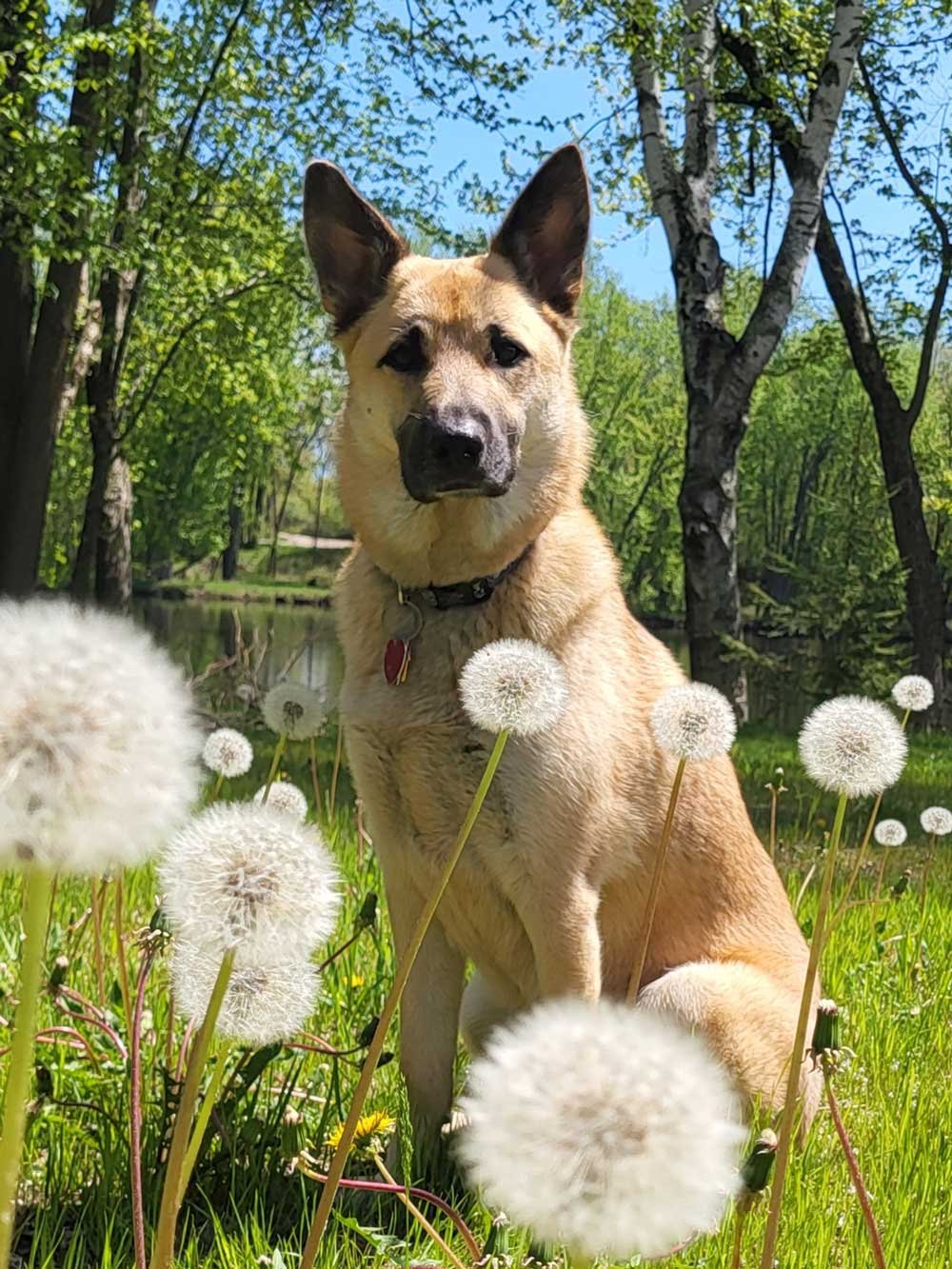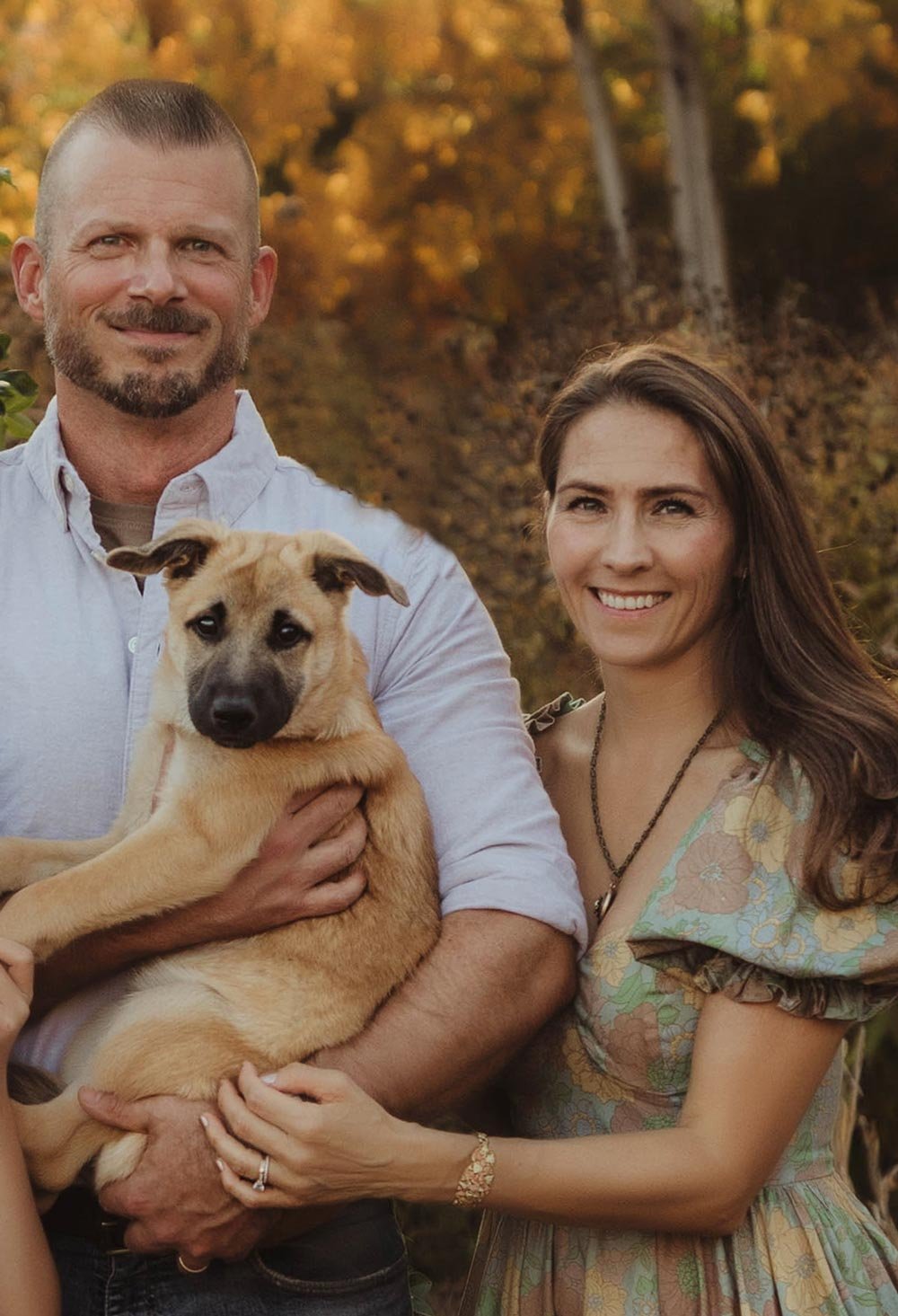Jenny Swanson’s dog, Astra Vega, was less than a year old when she died unexpectedly under what should have been a routine spay procedure. In Perfect Health Astra had passed all her preoperative tests. Jenny dropped her off at Pet Clinic in Menasha, Wisconsin, early one morning in June.
At. 09:38 had her heart stopped.
Swanson and her husband received a call from the clinic not long after dropping her off. They were told that CPR had begun and asked if they would have efforts to continue.
“She has to be alive when we get there,” Swanson remembers telling the staff. But when they arrived, Astra was gone.
What followed, she says, was worse than the operation itself.
Photo: Jenny Swanson
Jenny Swanson’s dog died during a routine spay at a private equity-owned clinic.
“It happens sometimes”
Inside the clinic, Swanson and her husband began a space that was typically used for euthanasia. The explanation was short and clinical. Astra had begun to “bucking” during the procedure as her uterus was manipulated. Staff managed more anesthesia, then more still. Her heart stopped.
“They said this sometimes happens during the operation,” Swanson said. “There was no empathy. It felt like weapon length detachment.”
After the shock came the bureaucracy. Swanson was told she had to drive Astra’s body to Wisconsin Veterinary Diagnostic Laboratory (WVDL) in Madison – two hours away – for a necropics.
“They had no transport,” she said. “I had to put her dead body in my car and make it drift myself.”
When she arrived, WVDL told her that no toxicology was ordered. She had to ask for it. Even then, the laboratory explained that depending on which agents used during anesthesia may never appear.

Photo: Jenny Swanson
Swanson had to run his dog’s body two hours to Madison for even a necropics.
Private Equity and Pet Care
Astra’s story does not end at a single clinic. Swanson dug into the details of the clinic and found that it was owned by another group, which in turn was supported by a private equity company and linked to a larger network of “veterinary partners.”
According to the nation, approximately a quarter of general veterinary practices – and over 75% of special clinics – are now controlled by corporate or private equity groups. These companies buy local practice, load them with debt and require aggressively financial returns.
“It’s about consolidation,” Mike Cooper, founder of Shore Capital, told a major investor in the veterinary sector, to the Pitchbook.
“There are 30,000 veterinary clinics in the country, and about 15% are already traders or PE-owned.”
The percentage has only risen since this statement was made.
These companies appeal to investors because they are mostly cash -based. Unlike human health care, veterinary bills are usually paid out of pocket. As a result, there is no insurance company to act as a brake on rising prices or questionable care.

Photo: Jenny Swanson
Astra was less than a year old and in perfect health before surgery.
The cost of efficiency
Swanson felt that reality from first hand. Despite her grief, she says the clinic insisted that she paid for Astra’s cremation before she traveled.
“They asked for my credit card while I was still in shock,” she said.
There was no gesture of goodwill. No waiver of the fee, just a bill and a bag.
In the following days, discrepancies occurred in paperwork. Times did not match Swanson’s call logs. Words were changed – what was originally described as Astra “Bucking” in the operating room was softened to “huffing” in the written report.
When she applied for answers from the clinic, she got a generic complaint line. Only after examining the business structure behind the clinic was she able to get in touch with a former director who put her in contact with a higher up on the corporate chain.
Even then, she said, the follow -up was sporadic and accountability was evasive.

Photo: Jenny Swanson
At least a quarter of general and most specialized business clinics are now commercial -owned.
In addition to a dog
Astra’s case is deeply personal for Swanson, but she knows it speaks to a greater trend. As an industrial organizational psychologist, she sees systemic problems.
“They were not trained for crisis,” she said. “They didn’t know how to respond to grief. And they didn’t give me the information I needed.”
Similar concerns are repeating across the country. A report from Stateline documented a growing number of veterinarians and pet owners expressing alarm of care quality during business ownership. A veterinarian shared that she was pressed to sell services and push more patients in – standards that collided with her training and ethics.
The Ackerman group describes the private equity playbook clearly: acquire, streamline, maximize profits. Clinics acquired for millions are often resold within a few years, their books fulfilled by cost-saving-not patient results.
Meanwhile, pet owners are facing rising fees and diminishing transparency.
Requires reform
Swanson doesn’t let Astra’s story fade. She will take it up with the state licensing board and advocates greater consumer awareness. She encourages pet owners to ask tough questions: Is your clinic privately owned? Are their veterinarians experienced? Do they have crisis protocols?
She also pushes for structural changes.
“As a minimum,” she said, “These companies need grief training, escalation procedures and transparency.”
Industrial observers agree. According to the nation, it is to strengthen state legislation that limits non-veterinary ownership and gives consumers legal use key. As Aaha warns, uncontrolled business coverage is replacing compassionate care with measurements and margins.
Remembers Astra
Swanson still has the handmade sympathy map from Astra’s original veterinarian – a small, independent clinic who had cared for her before Swanson changed clinics. It came unforeseen with signatures and heartfelt words from any employee. Far from the business card she was handed over by the clinic staff on the day her dog died.
“I took in a living dog,” said Swanson, “and they gave me a dead dog back.”
Swanson says she will continue to fight for justice for Astra’s death. She believes that no pet parent should feel the powerless again.
